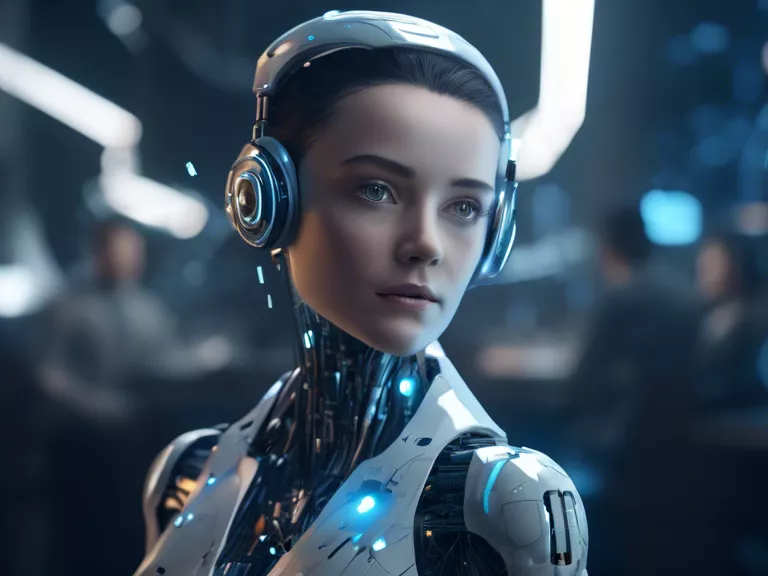
Artificial Intelligence (AI) has revolutionized the way stories are told in various forms of media, including movies, video games, and even literature. With its ability to analyze data, predict trends, and learn from user interactions, AI plays a crucial role in creating dynamic storylines and character development that engage audiences on a whole new level.
One of the key ways AI enhances storytelling is through personalized content. By collecting and analyzing user data, AI can tailor storylines to match individual preferences, creating a more immersive and engaging experience for each viewer or reader. This level of personalization can lead to increased viewer retention and a deeper emotional connection to the characters and plot.
AI also plays a role in character development by helping writers create more nuanced and realistic characters. By analyzing vast amounts of data on human behavior, language, and psychology, AI can suggest traits, quirks, and motivations for characters that make them more relatable and dynamic. This can lead to more compelling and memorable characters that resonate with audiences long after the story ends.
Furthermore, AI can assist in creating branching storylines that adapt to user choices in real-time. In video games, for example, AI can adjust the plot and character interactions based on the player's decisions, leading to multiple possible outcomes and endings. This not only enhances replay value but also gives players a sense of agency and control over the narrative.
In conclusion, AI is a powerful tool for enhancing storytelling by creating dynamic storylines and character development that engage audiences in new and exciting ways. As AI technology continues to advance, we can expect even more innovative and immersive storytelling experiences that push the boundaries of creativity and imagination.



